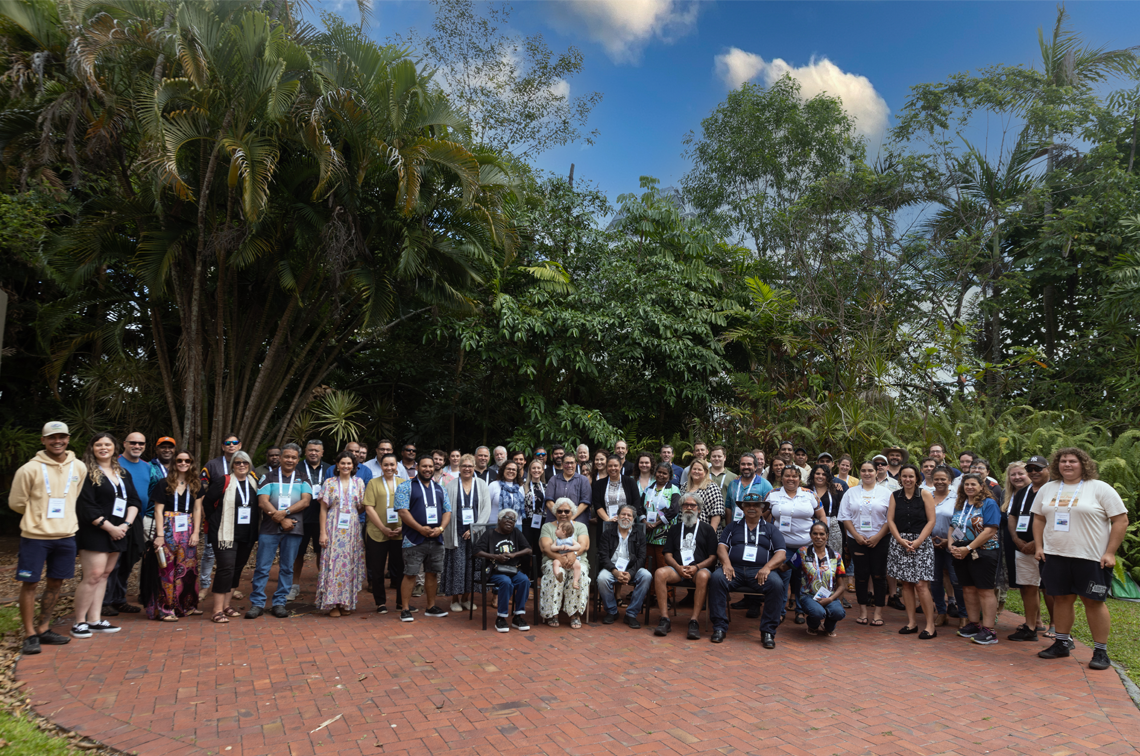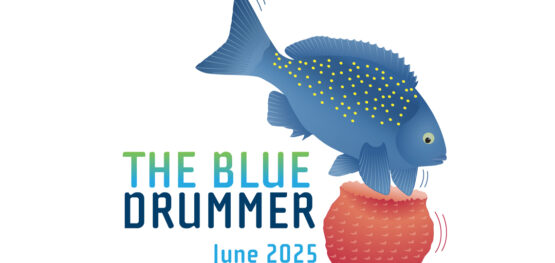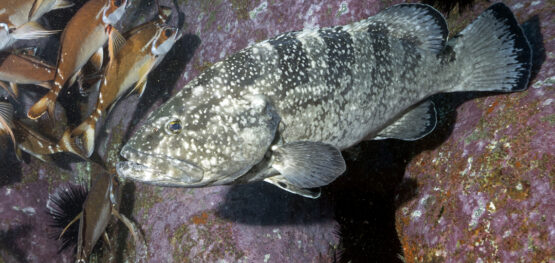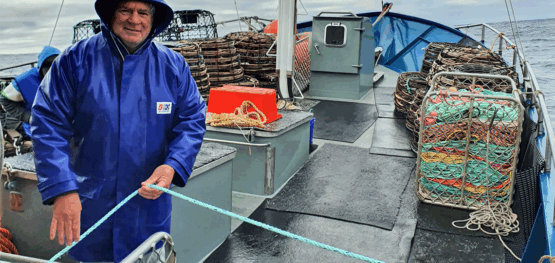Impact summary
11 May 2023
Economic, social and cultural development across Australia’s vast and growing Indigenous estate requires policies and practices that enable improved education, health, housing, innovation and technology uptake. Research and development is needed to explore how the land and seascape can support culture-based economies on country.
The Marine and Coastal Hub is helping to improve community outcomes and self-determination by building capacity for integrating research in the management of sea country. This involves forging research partnerships that combine western science and traditional knowledge, and prioritising opportunities for communities to participate in research-related training and employment.
The hub has made a funding commitment to support the establishment of the National Indigenous Environmental Research Network. This network will ethically and actively engage with Indigenous leaders to develop a strategic, cohesive and co-designed series of projects.
Indigenous research partnerships at Shark Bay, Botany Bay and in the Gulf of Carpentaria have enhanced the capacity of Indigenous communities to participate in seagrass management. The hub also supported the Australian Marine Sciences Association Indigenous workshop, a national-scale Indigenous-led event that shared understanding about Indigenous science networks and Sea Country research priorities.
National Indigenous Environmental Research Network
Hub researchers worked with Australian Indigenous leaders to identify marine and coastal research priorities. They reviewed public documents and discussions at the 2022 Australian Marine Science Association Conference Indigenous workshop. These covered governance and decision-making, data collection and management, coastal ecosystem restoration and economic development. While regional priorities varied, collaborative, Indigenous-led projects to help implement sea country plans and research protocols, a National Indigenous Environmental Research Network, and support for cultural governance and economic development were of high importance.
Project 1.31: Indigenous participation and research needs

AMSA 2022 workshop identifies pathways to Indigenous-led research
A two-day Indigenous workshop at the 2022 Australian Marine Sciences Association Conference was the seventh supported by the National Environmental Science Program and the most significant to date in terms of Indigenous leadership and attendance. Indigenous participants from 45 language groups joined others from government, research and non-profit agencies. Indigenous organisations expressed a clear desire to work with government and research agencies to enable effective co-development of research, and to establish a nationally coordinated approach to Indigenous led research and monitoring.
Restoring life to Gathaagudu and Kamay
A hub project that explored restoration strategies for seagrass ecosystems conducted two restoration trials in collaboration with Indigenous ranger groups. Researchers from the University of Western Australia worked with Malgana Rangers at Gathaagudu (Shark Bay) to develop the use of sediment filled hessian tubes for seed and seedling capture. University of New South Wales researchers worked with Gamay Rangers in north-eastern and south-western Kamay (Botany Bay) to assess seagrass fragment collection techniques and the effects of sediment quality manipulations.
Project 1.8: Including sediment processes in restoration strategies for Australian seagrass ecosystems
Project 1.8 final report
Mapping Yanyuwa Sea Country
Marra and li-Anthawirriyarra rangers partnered with hub researchers to map culturally and ecologically significant intertidal waters of the Yanyuwa Indigenous Protected Area in the Gulf of Carpentaria. While unique areas of very dense seagrass offered potentially substantial habitat for fisheries, dugong and turtles, those occurring in tidal inlets are vulnerable to extremes in temperature, salinity and light. Surveys in adjacent Marra Sea Country identified patches of deepwater seagrass. The information supports sustainable management of Yanyuwa Sea Country by Indigenous rangers.
Project 1.12: Mapping critical habitat in Yanyuwa Sea Country



